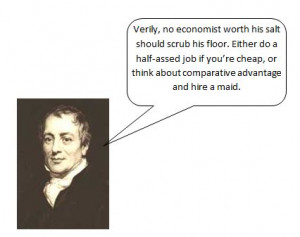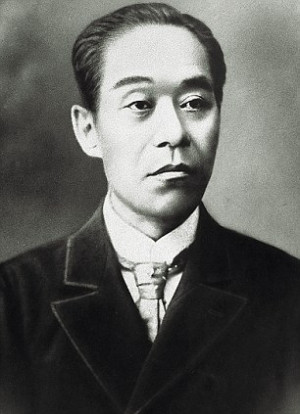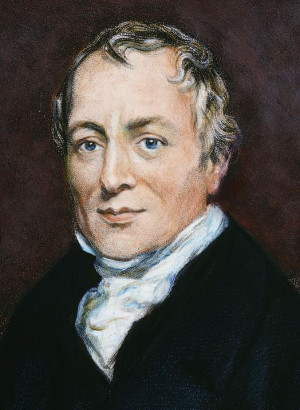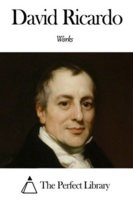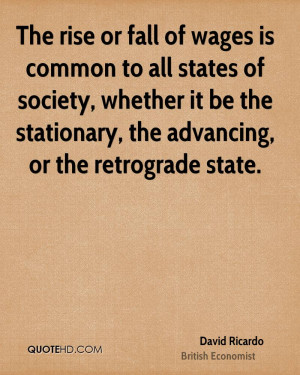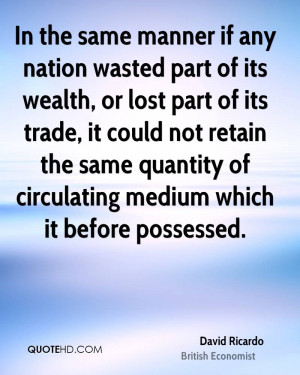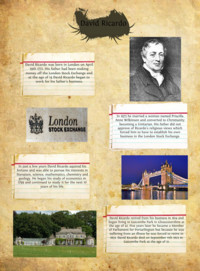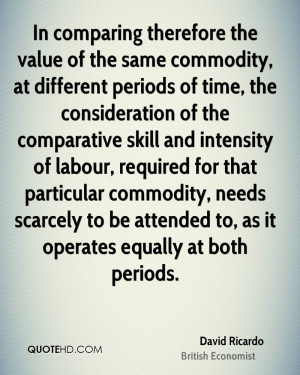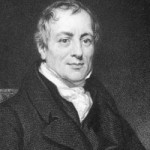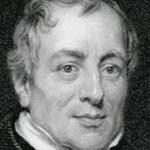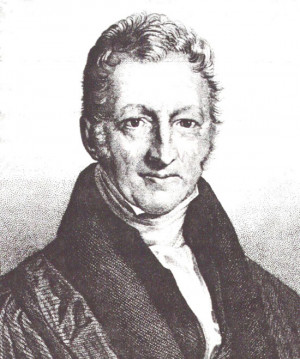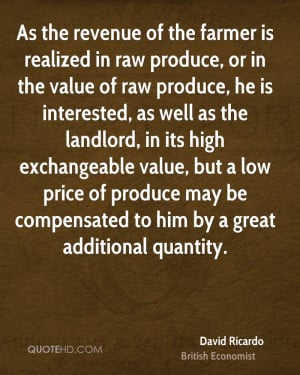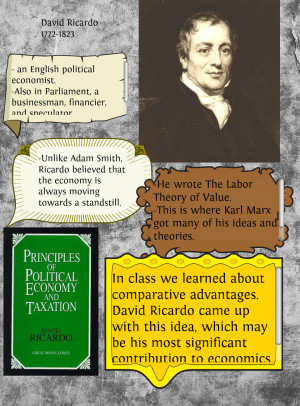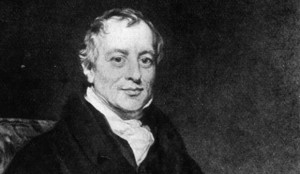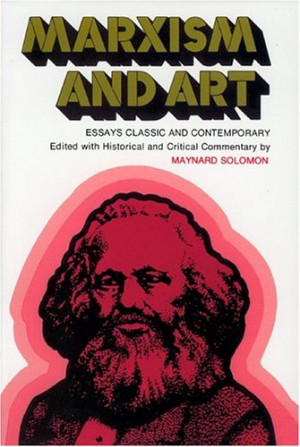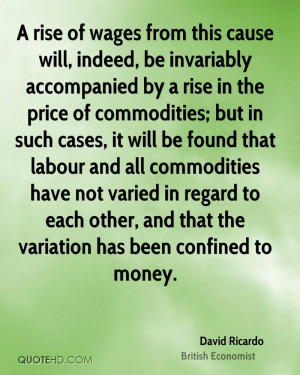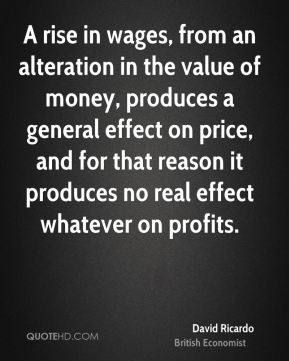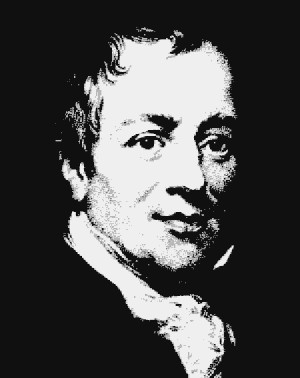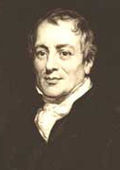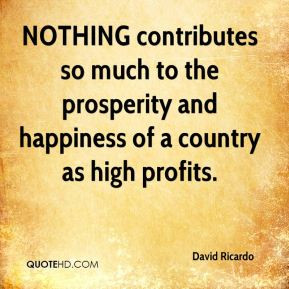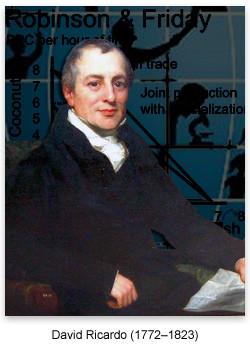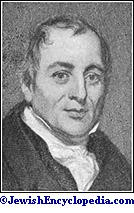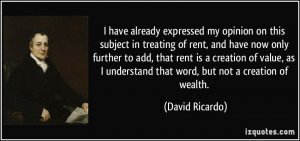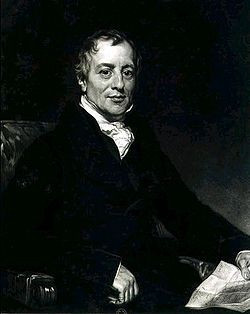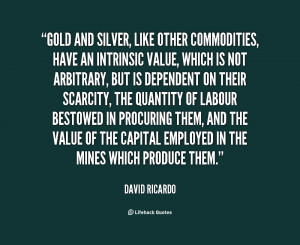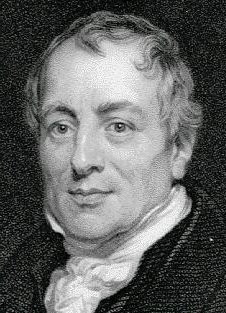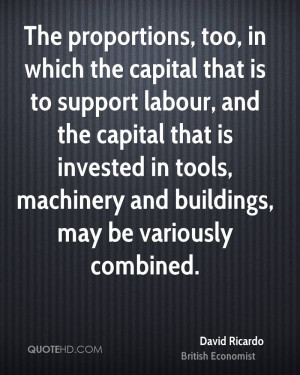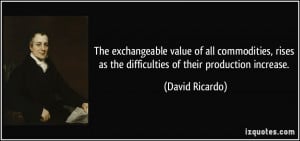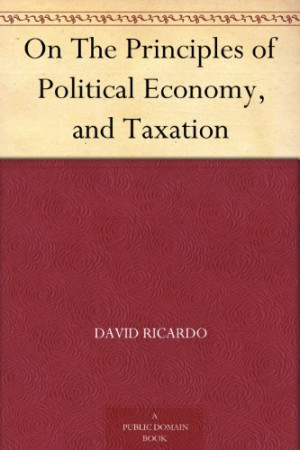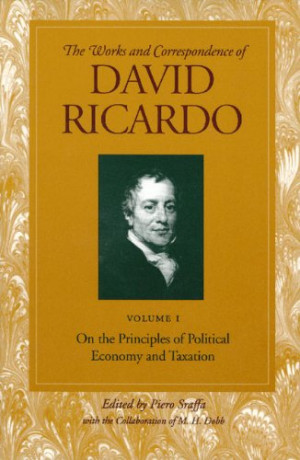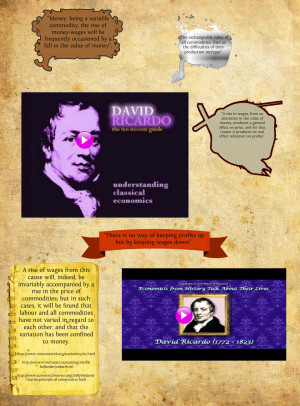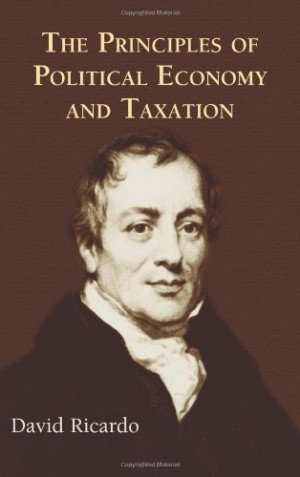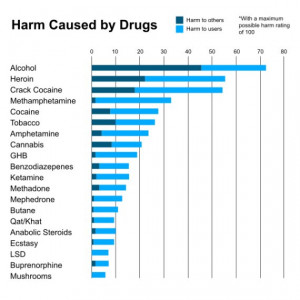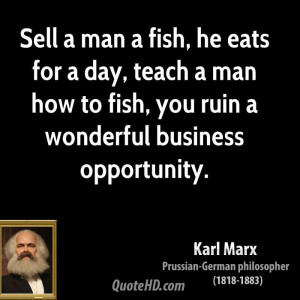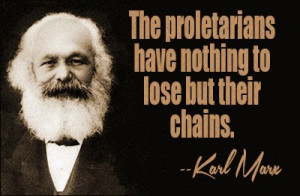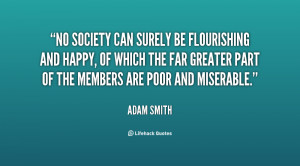David Ricardo — British Economist born on April 18, 1772, died on September 11, 1823
David Ricardo was an English political economist. He was one of the most influential of the classical economists, along with Thomas Malthus, Adam Smith, and James Mill. Perhaps his most important legacy is his theory of comparative advantage, which suggests that a nation should concentrate its resources solely in industries where it is most internationally competitive while trading with other countries to obtain products either never produced nationally or no longer produced nationally as a result of industry specialisation. In essence, Ricardo promoted the idea of extreme industry specialization by nations, to the point of dismantling internationally competitive and otherwise profitable industries. In this world view Ricardo took as a given the existence of an industry policy aimed at promoting and/or subsidising some national industries to the detriment of others. For Ricardo central planning was a given. Ricardo's theory of comparative advantage has been challenged by, among others, Joan Robinson and Piero Sraffa, but remains the cornerstone of the argument in favour of international free trade. Comparative advantage paved the way for the promotion of globalization via increased international trade, which is the guiding theme in the policies promoted by the OECD and the World Trade Organization, where it is assumed that international trade automatically leads to increased economic prosperity. The results of the implementation of this type of policy agenda are debated and increasingly controversial. That said, the assumption that increased levels of international trade is economically beneficial is generally unchallenged in mainstream economics. Ricardo began his professional life as a financial market broker and financial market speculator. As a result he amassed a considerable personal fortune, with his largest windfall coming as a direct result of the carefully planned manipulation of British financial markets which he undertook during the Battle of Waterloo in 1814. Immediately following this questionable financial coup he retired. He was 41 years old. In February 1819 he entered British Parliament following his purchase of a seat in August 1818. He held the seat until his death on September 11, 1823. He was 51 years old... (wikipedia)

